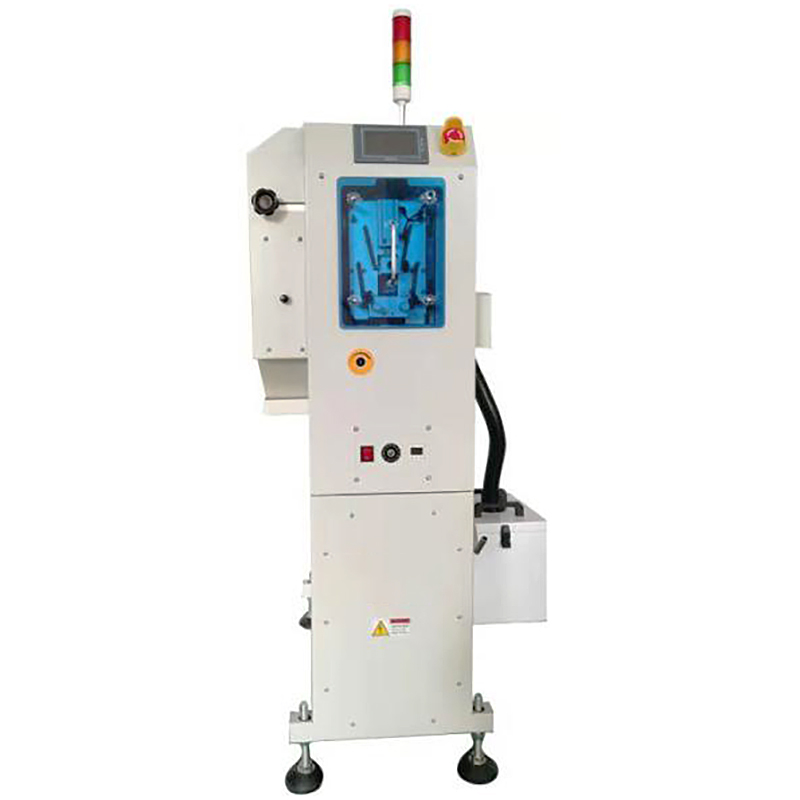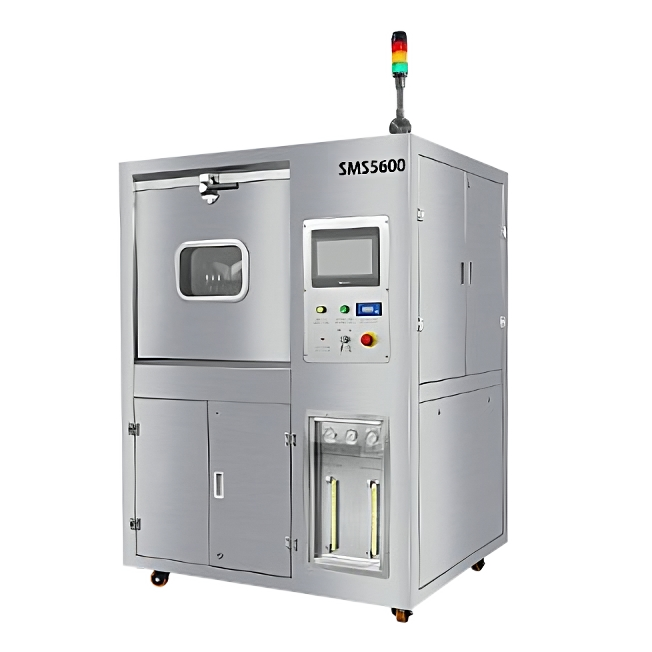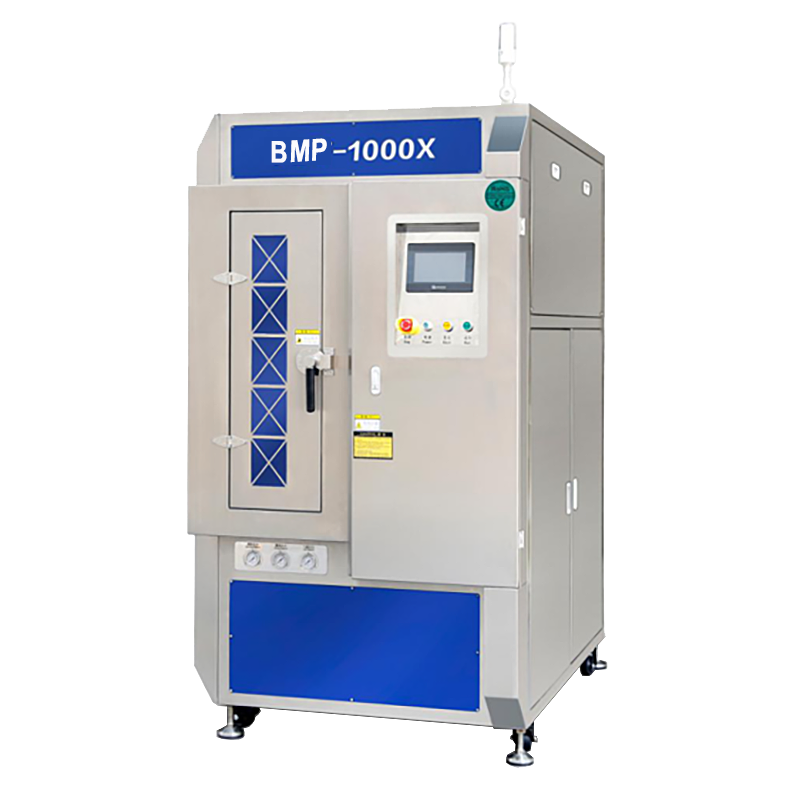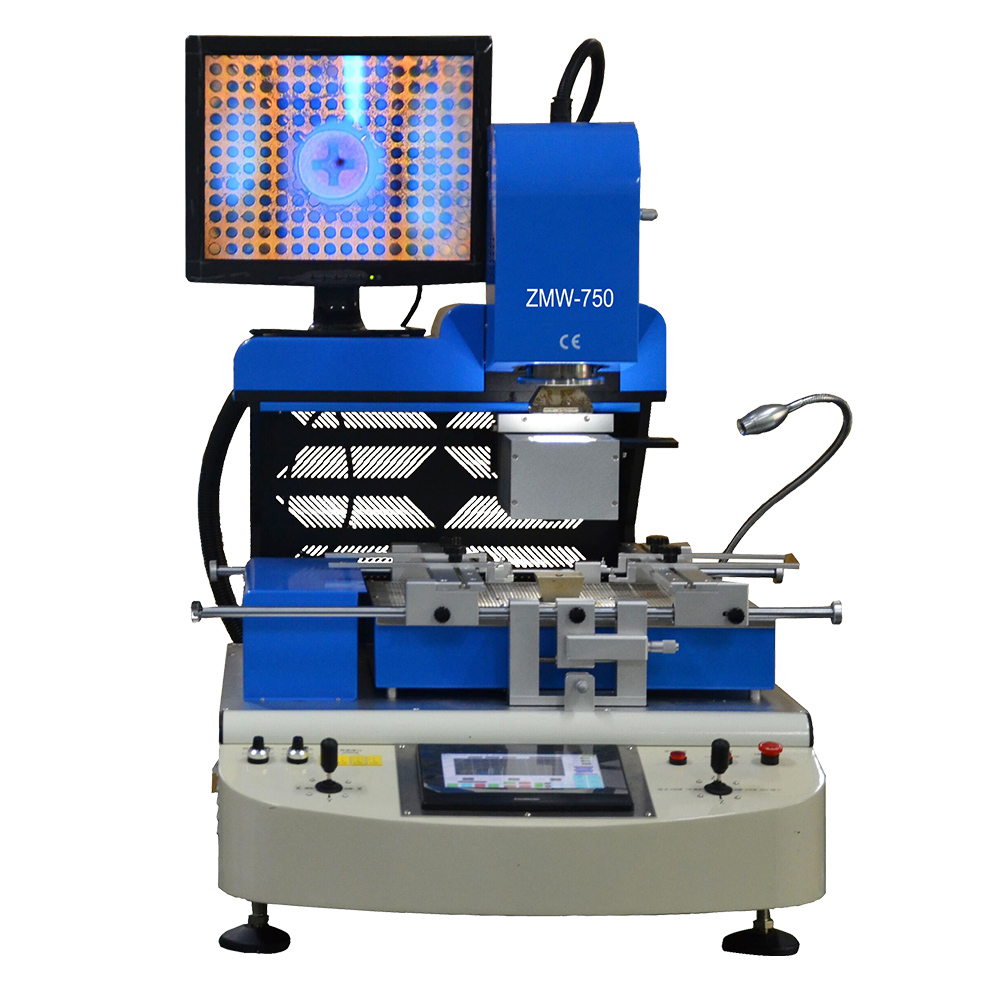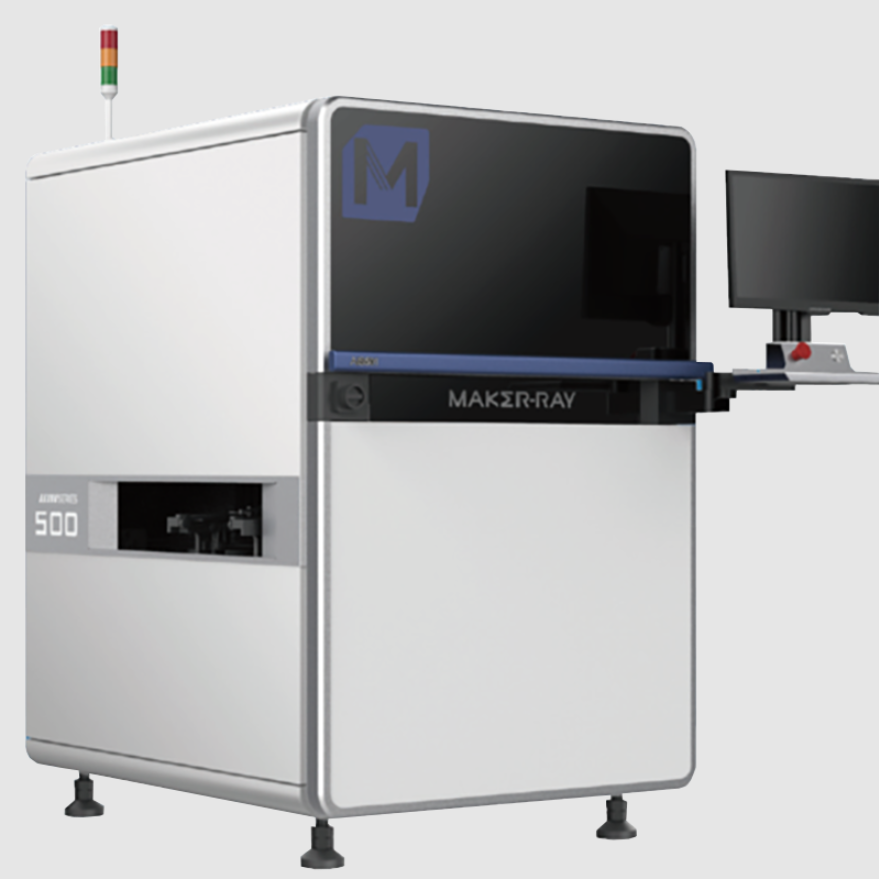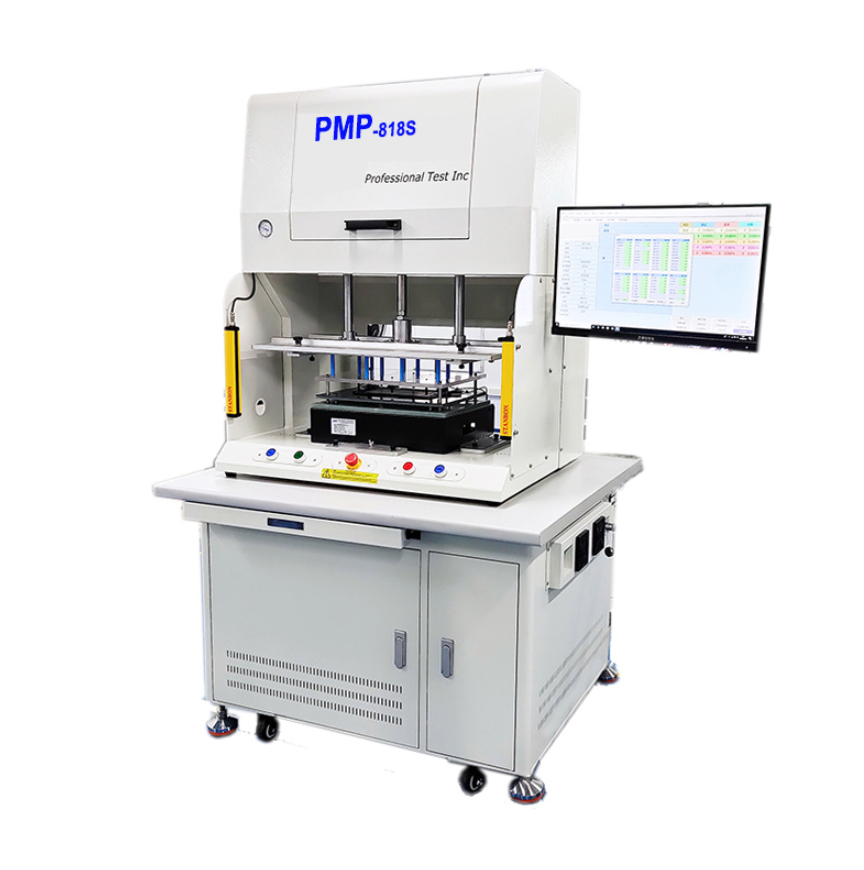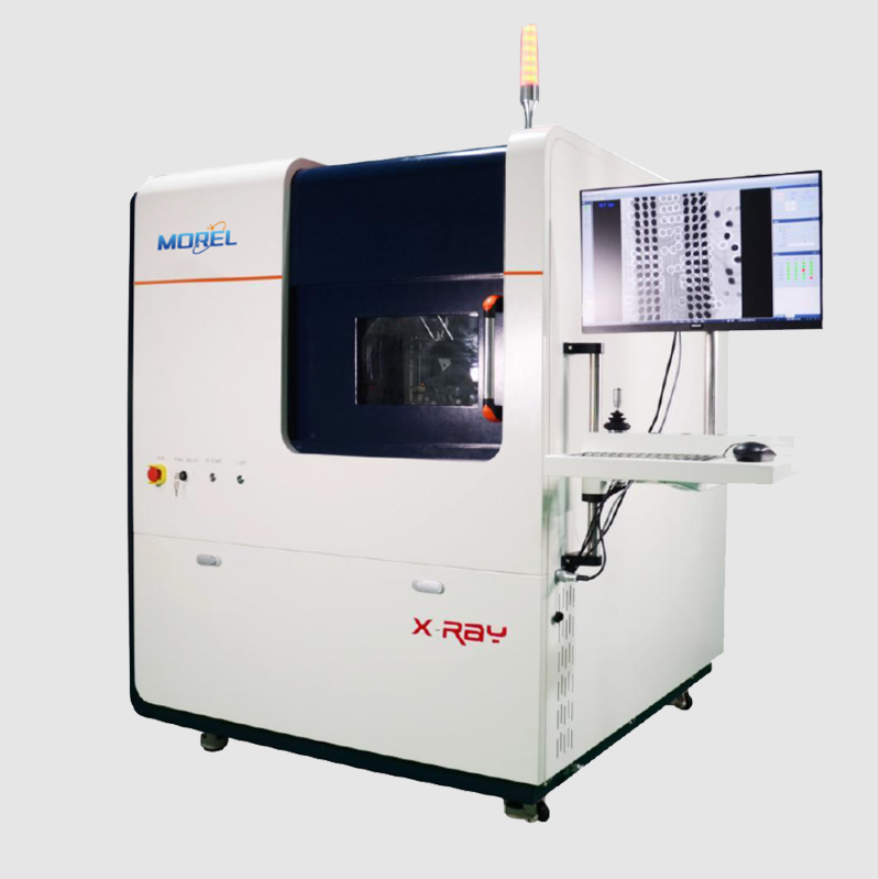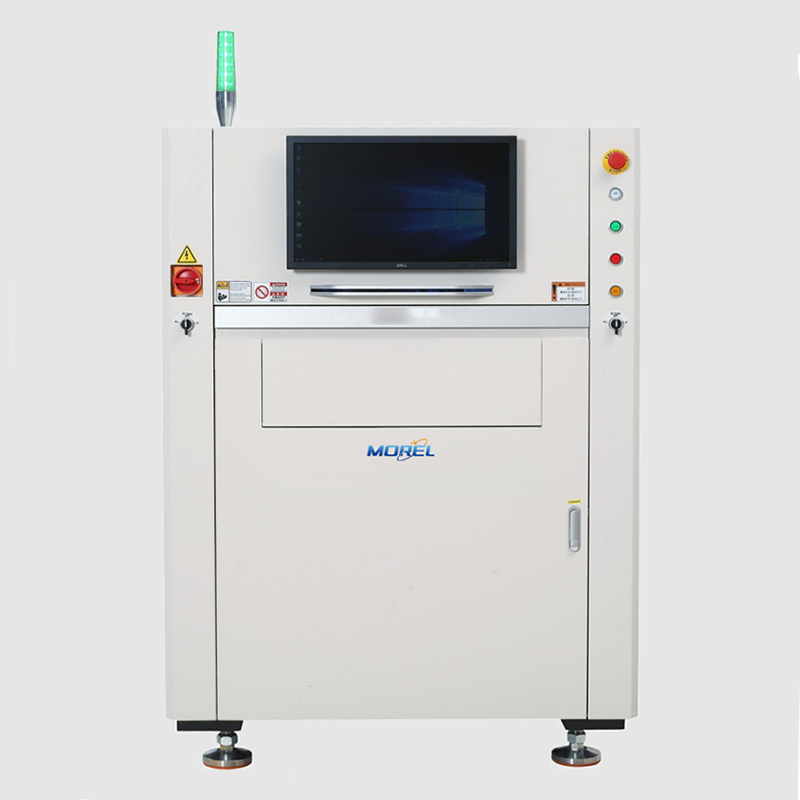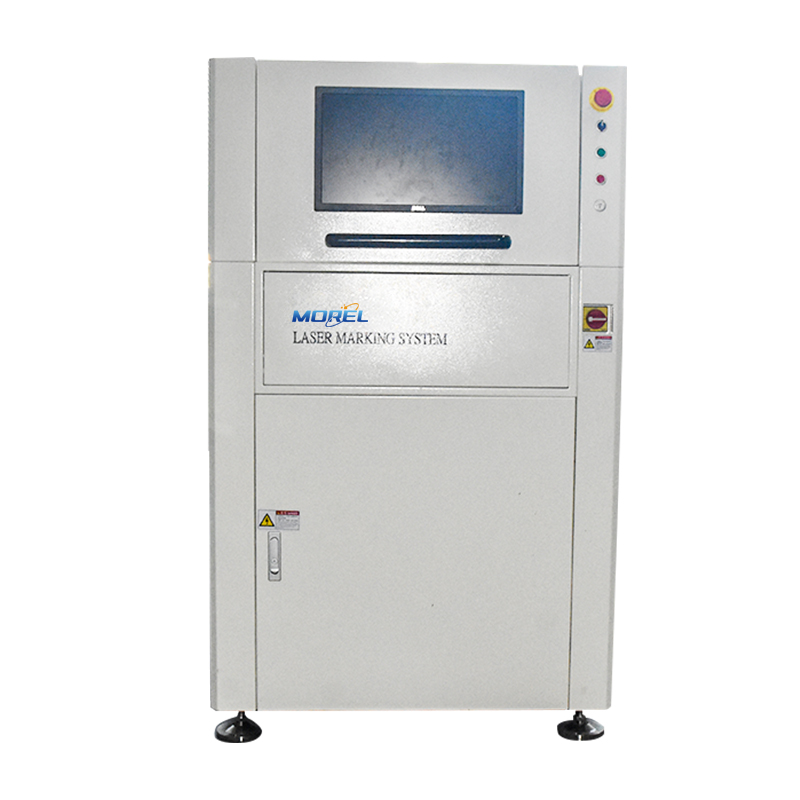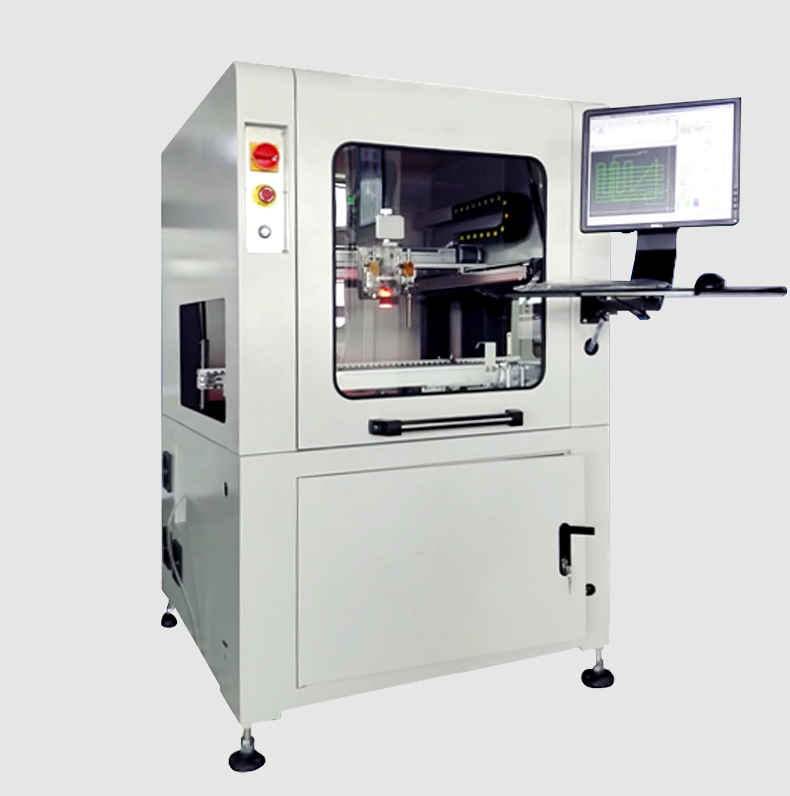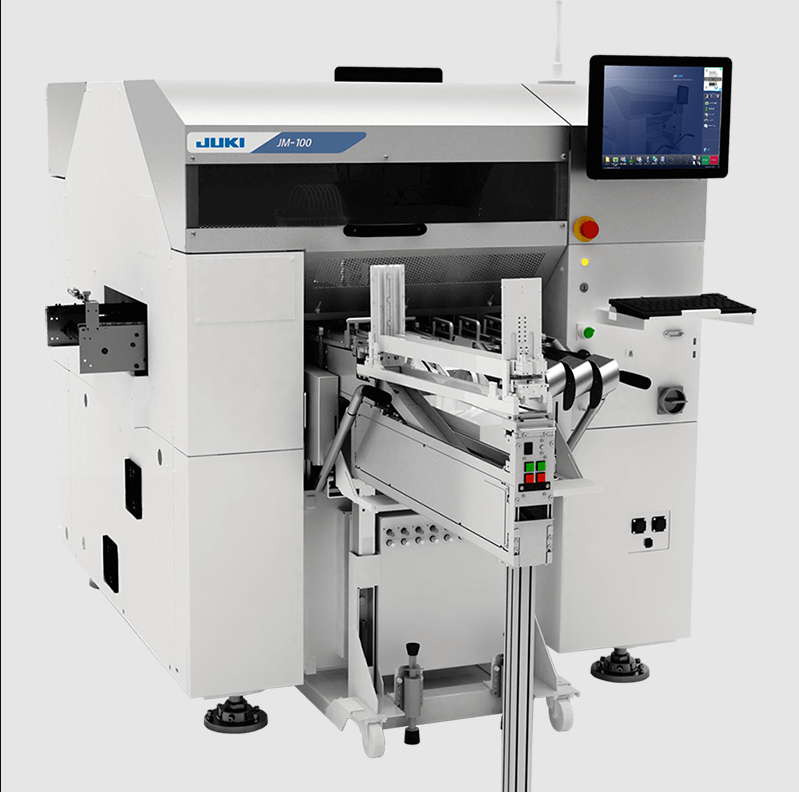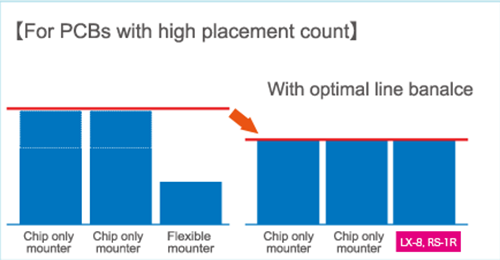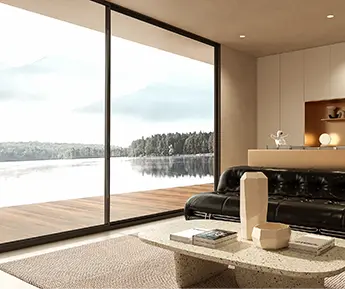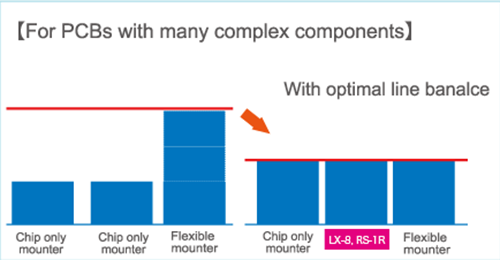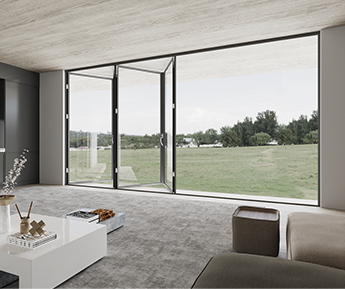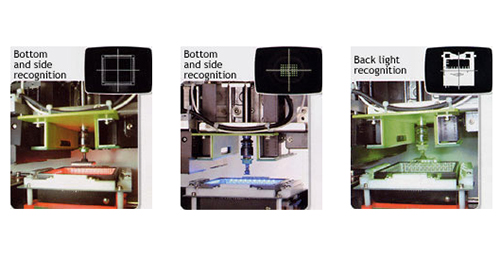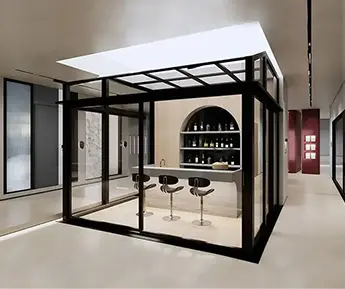01
SMT Insertion machine JUKI Multi task Platform JM-100
Flexibilitymorel
Vision centering technology
method can be selected based on component type, shape, size and material. Laser centering is used for high speed placement of smaller components. Vision is used when lead or ball inspection is needed or when the component is too large for the laser. Many nozzles are available for odd-shaped components providing unsurpassed component handling.
method can be selected based on component type, shape, size and material. Laser centering is used for high speed placement of smaller components. Vision is used when lead or ball inspection is needed or when the component is too large for the laser. Many nozzles are available for odd-shaped components providing unsurpassed component handling.
Automatic height change of recognition sensormorel
The 8-nozzle “Takumi head” automatically changes the laser sensor height according to the height of component that to be centered.
Various components from ultra-small component to large component can be optimally placed with best tact time.
LX-8, RS-1R: 6 levels (1, 3, 6, 12, 20, 25 mm) can be selected arbitrarily.
JM-100: 4 levels (16, 20, 25, 30 mm) can be selected arbitrarily.”
Various components from ultra-small component to large component can be optimally placed with best tact time.
LX-8, RS-1R: 6 levels (1, 3, 6, 12, 20, 25 mm) can be selected arbitrarily.
JM-100: 4 levels (16, 20, 25, 30 mm) can be selected arbitrarily.”
FLEXIBLE LINE SOLUTIONmorel
Provides optimal line solutions through versatility and productivity improvement
DECAN Line
■ Optimal line configuration from chips to uniquely-shaped components according to options setup
Equipment capable of responding to large-scale PCBs, which can be remodeled on site
■ Standard equipment can be remodeled on site to equipment capable of large-scale PCB handling
– Responsive to a maximum 1,200 x 460mm PCB
Responsive to uniquely-shaped components (including tray components)
DECAN Line
■ Optimal line configuration from chips to uniquely-shaped components according to options setup
Equipment capable of responding to large-scale PCBs, which can be remodeled on site
■ Standard equipment can be remodeled on site to equipment capable of large-scale PCB handling
– Responsive to a maximum 1,200 x 460mm PCB
Responsive to uniquely-shaped components (including tray components)
Optimum line balance and highest throughputmorel
Changing the RS-1 functionality does not require head replacement. The revolutionary design self-optimizes based on the production requirements. The RS-1R can reduce the workload on high speed. A line with two or more RS-1Rs can adjust to a wide variety of production requirements from high speed to high flexibility.
Active clinchingmorel
New active clinch unit supports bend in, bend out, and N bend to prevent components from lifting during reflow and make handling prior to reflow easier.
High-speed, on-the-fly centeringmorel
A high-resolution laser is mounted on the head to center components in all directions including angle. Centering is done on-the-fly, allowing high speed placement of components from small chips to SOPs.
Adaptable centeringmorel
1.Centering accommodates component variations
Laser centering measures the components on the side. It is not affected by variations of component color or width/length so, unlike vision centering, there is no need to edit component data for different component vendors.
2.Component check function improves placement reliability
Since the laser is mounted on the head, it can be used to monitor the presence of components the entire time from pick to placement. This is difficult to accomplish with vacuum detection only. The placement reliability is also improved because the release of the component is confirmed after placement.
Laser centering measures the components on the side. It is not affected by variations of component color or width/length so, unlike vision centering, there is no need to edit component data for different component vendors.
2.Component check function improves placement reliability
Since the laser is mounted on the head, it can be used to monitor the presence of components the entire time from pick to placement. This is difficult to accomplish with vacuum detection only. The placement reliability is also improved because the release of the component is confirmed after placement.


